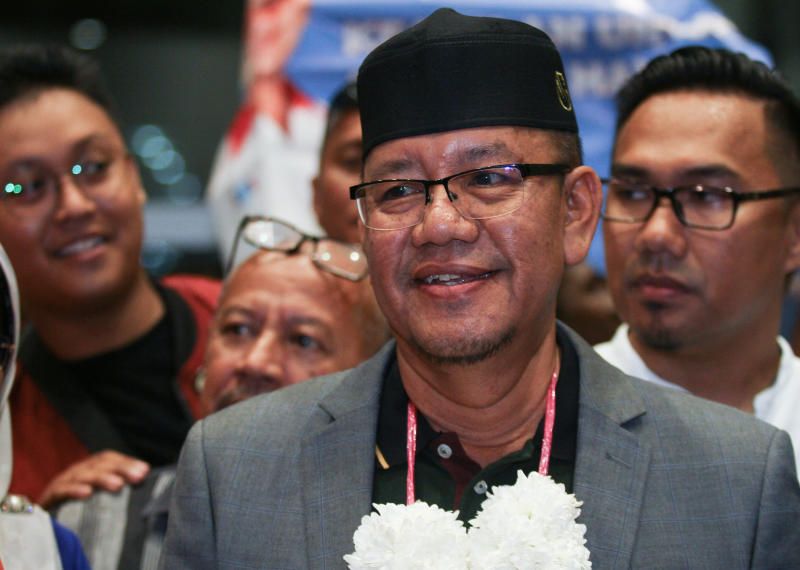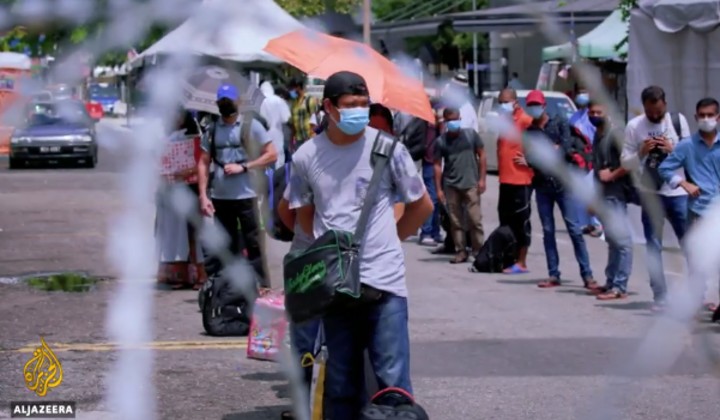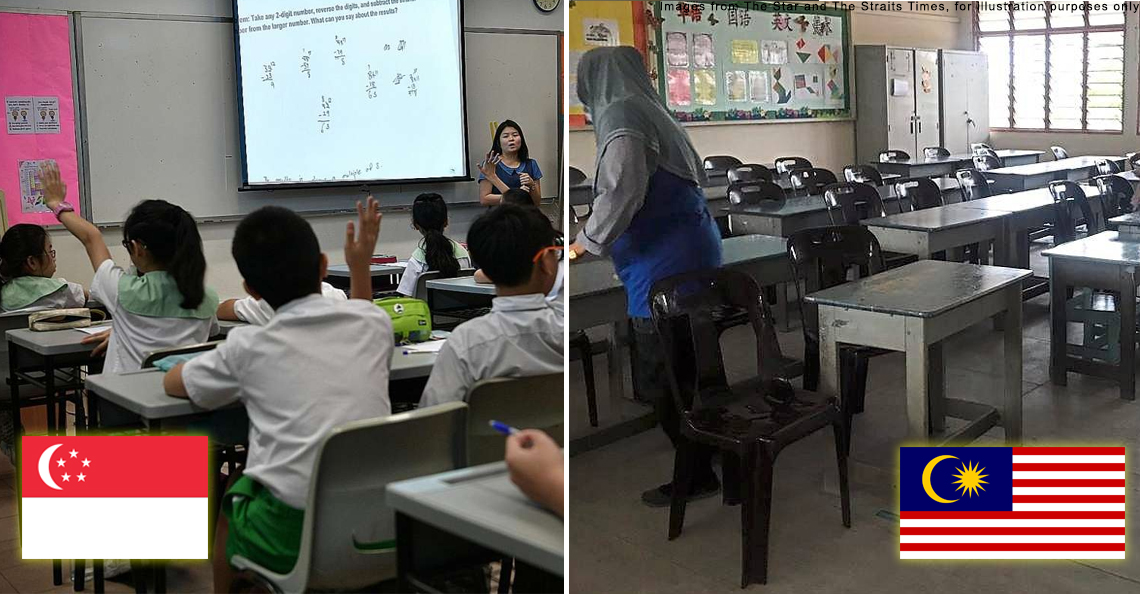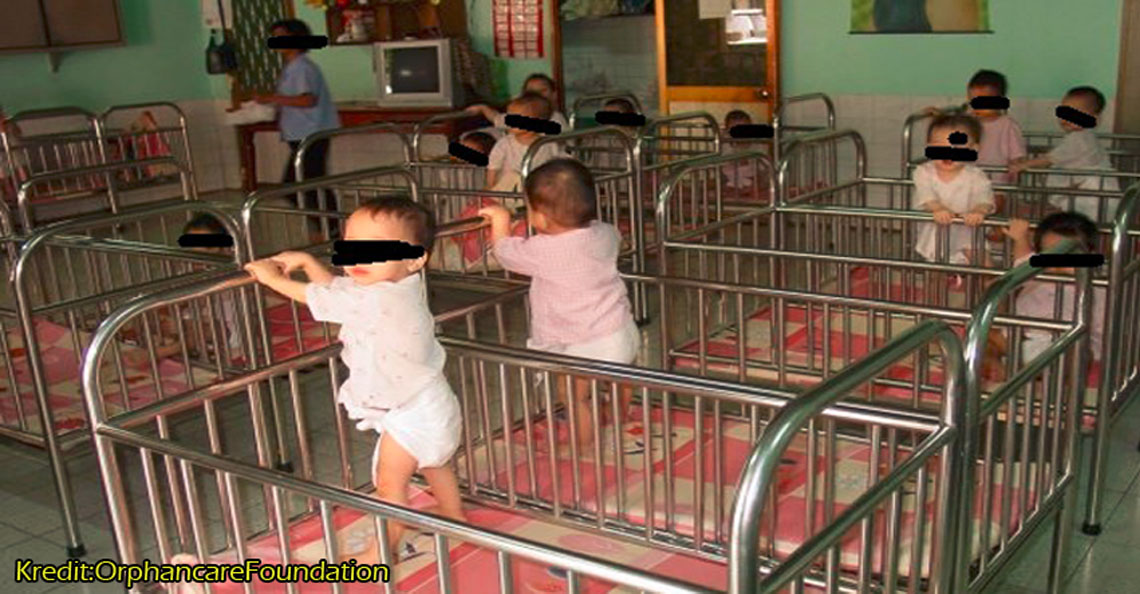Wait. Do you need permission from FINAS to publish a video on Facebook?

- 15.1KShares
- Facebook15.0K
- Twitter10
- LinkedIn4
- Email7
- WhatsApp45
Sometimes, truth can be stranger than fiction, especially in Malaysian news. With that in mind, it may be a bit disconcerting for some to know that recently
- not only is the government still trying to address that ‘Locked Up in Malaysia’s Lockdown‘ documentary by Al Jazeera from a few weeks back,
- they’re trying to nail al-Jazeera to the wall for it through the National Film Development Corporation, aka Finas, of all things.

Sounds weird, but it’s true. In a recent statement, the Communications and Multimedia Minister Datuk Saifuddin Abdullah had said that, among other things, his ministry is checking whether Al Jazeera had a valid license to film a documentary in Malaysia. The license in question was supposed to come from Finas, and filming without it seems to be an offence in Malaysia.
“For Finas it is simple, that is, whether you have a licence or not. It’s ok if there is a licence but if there is no licence, it is then considered an offence,” – Datuk Saifuddin Abdullah, as reported by The Star.
Hearing that, one might find themselves plagued with questions like “Watdaheck?” and “Since when do people need a Finas license to film stuff in Malaysia?” or perhaps “This license stuff only applies to movie production companies right?” or even “Omgosh will I get fined for that karaoke video of me singing Let It Go on FB??!?”
If you’re wondering these as well, you’re not alone. Even some in the filming industry don’t seem to be aware of the Finas license, which is weird, as according to Finas law…
Yes, technically your Instagram story is illegal without permission from Finas

Datuk Saifuddin himself said that yes, even social media posts are illegal, but we’re sure most of us could use a bit more context. The license needed should come from Finas, which you might remember from a little fiasco last year when they suggested censoring Netflix in Malaysia to protect ‘the mind development of children‘, but censoring stuff isn’t actually their function. Finas is a government agency currently under Datuk Saifuddin’s Ministry, with the objective of uplifting, nurturing and facilitating the Malaysian film industry.
To that end, among other things they hold workshops and stuff as well as try to entice foreign filmmakers to bring their business to Malaysia. However, if you go through the law associated with them – the Perbadanan Kemajuan Filem Nasional Malaysia Act 1981 – they seem to have another function not explicitly mentioned on their corporate page: controlling and regulating films in Malaysia through licenses.

Of interest here is Section 22 of the Act, which essentially says that nobody can produce, distribute or exhibit films without a valid license. If someone does it regardless, it will be considered as an offence which brings with it up to RM50,000 fine and/or up to 2 years in prison. As for what counts as a film, the Act defines it as…
“…feature films, short films, short subject films, trailers, documentaries, advertising filmlets and any recording on material of any kind, including video tapes and video discs, of moving images, accompanied or unaccompanied by sound, for viewing by the public or any class of the public…” – Finas Act 1981.
According to lawyer Aizul Rohan Anuar, who has worked extensively with filmmakers, this covers everything from videos uploaded to social media and maybe even school projects by film students.
“Yes, the definition in the act means that the licensing requirement also covers videos that are uploaded onto social media sites like TikTok and Instagram stories,” – Aizul Rohan Anuar, in an interview with MalaysiaKini.
So yeah, the Al Jazeera documentary probably falls under this too, as well as that TikTok of you dancing to Blackpink’s How You Like That, if you publish it for everyone to see. But say your company have a paid-up capital of at least RM50,000 (one of the requirements for a production license) and are willing to fork out some RM6,000 for licenses to produce and exhibit your video to the public (including deposits). Should be fine, right?

Probably. Section 22 also allows for Finas to either issue a license with conditions or just outright refuse to give you a license without giving you any reason whatsoever, and you can’t challenge that decision in any court. So in theory, using this law, Finas can practically control who can make videos legally and who can’t.
In practice, however…
This Finas law seem to only be enforced on special occassions
You’d have probably guessed this already, but a lot of people got away with ‘producing’ and ‘exhibiting’ their Instagram stories and Facebook videos without a license, with no repercussions. In fact, if you look at the license stats on Finas’s site, there were only around 7,000 active licenses every year since 2015, so we’d guess very little of the ‘films’ you see every day comes from someone with a Finas license.

As for Finas actually looking for these lawless uploaders, it seems that it’s a very rare occassion, even for news agencies. In an interview with MalaysiaKini, the chairperson for Finas himself, Zakaria Abdul Hamid, was not sure whether any news agencies had been penalized under their law before. While he confirmed that all forms of video recording must have a license from them, he admitted that Finas isn’t so strict as to go after everyone who makes videos.
He had stressed, however, that the law will only be enforced on companies for now, and maybe on some individuals on a case-by-case basis.
“Usually, we are not that strict. If there are cases (where a video) incites (people to cause) trouble, then we will seek the explanation (of the producer).” – Zakaria Abdul Hamid, to MalaysiaKini.
For Al Jazeera, Finas had said that their preliminary investigations found that the company doesn’t have a Film Production License, and that they never applied for a Certificate of Filming before filming that documentary. However, looking at the procedure for the license application, which among other things require that they submit a plan for their documentaries for up to three years in the future, that’s no big surprise.

Regardless, Zakaria had said that a firm response to Al Jazeera’s video is necessary, because it has now become an issue.
“We have to be strict as now this thing has become an issue. They have filmed it and they cannot simply apologise (and get away with it).” – Zakaria Abdul Hamid, to MalaysiaKini.
With their insistence on doing something about the Al-Jazeera issue, one might wonder…
Isn’t there a better way for the government to solve this issue?

The Finas licensing is actually just one of the things the government is doing to address the Al Jazeera documentary. For one thing, their accreditation is also being looked at, without which they essentially won’t be allowed to report in Malaysia anymore. The MCMC is also actually fining Astro for airing an Al Jazeera documentary about Altantuya’s murder half a decade ago. Apparently, the Al Jazeera staff involved in the documentary are also being investigated for sedition, and who knows what else.
Whether or not Al Jazeera is in the wrong, the seemingly heavy way the government responded to them may have actually brought forth more questions than it answered. Some, like local non-profit organization Freedom Film Network and local academic V Gayathry, had pointed out that instead of using licensing and regulatory controls to deal with this, the government should have challenged the documentary’s content with their own facts and arguments instead.
This notion had been echoed by Al Jazeera’s English Management Director himself, Giles Trendle. On the whole Finas licensing issue, he had said this:
“Unable to contest the integrity of our journalism, we believe the authorities are now attempting this new gambit of claiming we did not have a proper licence. We do not believe this is a credible line of argument. In fact, we believe it is contradicted by the very own published guidelines of the relevant authority,” – Giles Trendle, in Al Jazeera’s PR tweet.
Looking at the what’s happening now and why it happened in the first place, it’s kind of ironic to think that in setting out to save our reputation from the Al Jazeera documentary, we might have done more damage by the way we’re responding to it.
- 15.1KShares
- Facebook15.0K
- Twitter10
- LinkedIn4
- Email7
- WhatsApp45



